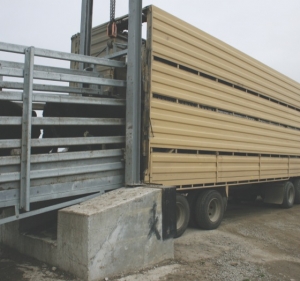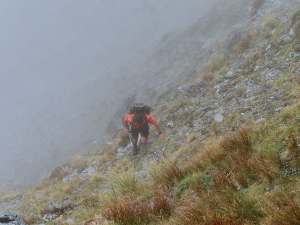Since Christmas, six dairy herds have been confirmed with the disease in Taranaki and two in South Canterbury at Rangitata.
While TBfree refuses to release numbers of animals involved, Rural News understands dozens of animals have been culled in both areas as a consequence.
TBfree says immediate neighbouring properties were notified in line with national policy, but some farmers near – but not neighbouring the Rangitata cases – feel they should have had some official communication as to what was happening in their area.
“Every farmer in the area should be made aware what’s going on,” one told Rural News.
TBfree says it sent letters to 85 landowners in the area, including neighbours and those with properties where it is surveying wildlife for infection. Those letters went out at the end of May. Last week, the operation was “over 70% compete with 594 possums, 6 ferrets captured but no post mortem results to date.”
A spokesman says the challenge with communication about cases is “to balance the need to know and not unduly affect a farmer’s livelihood during what is often a highly stressful time. Specific details are confined to those assisting with the management of the infection and supporting the farmer and his or her family.”
Federated Farmers Dairy and Sharemilker representatives in South Canterbury had received no information about the Rangitata cases, which are likely the first in that area for over a decade.
“It seems to be one of these things that’s a bit of a taboo subject,” local Feds Dairy chairman Ryan O’Sullivan told Rural News.
“It’s a bit silly really because the more we know about it, the more we can do about it.”
Many younger farmers in the area would have had no experience of TB in their careers and with most farms having C10 status there’s a real danger of complacency, he believes.
“We need to get a better handle on what’s an appropriate level of communication.”
Asked how it ensures livestock managers are informed of developments with the disease, TBfree told Rural News it sends newsletters to contacts for testing (herd owners), circulates national communications and advertises. It also updates TBfree committees and industry groups.
A decision on holding farmer meetings or making further communication in the Rangitata area will be made once investigations have been completed, it said. The first case in the area was confirmed in April and the second in May.
To date, no additional testing of herds in the area has been undertaken as a result of the cases. The need for this will depend on the outcome of current investigations, says TBfree.
No movements of animals have occurred from the initial property since TB was identified but some controlled movements have been made from the second property with the receiving property notified of restrictions required when receiving animals from a risk herd.
TBfree says it would only change the status of the recent outbreak areas from Vector Free only if it is believed there is an established infection in wild animals, specifically possums. To date, wildlife tests in Taranaki have come back negative while results from Rangitata are awaited.
“It is most likely that the infection in the Rangitata herds is movement related. The herds which currently have an infected status have moved animals onto their property over the past few years.
“It is important to state that there is no suggestion that either infected herd owners did anything other than fully comply with their obligations under the TB control programme.”
The two infections are believed to be linked, but further tracing is required to confirm that.
TBfree says there are currently 14 infected status herds in its Canterbury region, down from 170 in the mid-1990s.
















